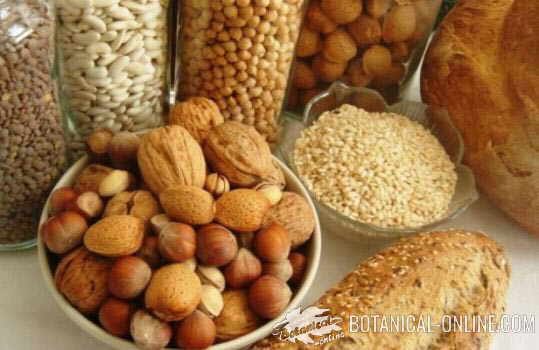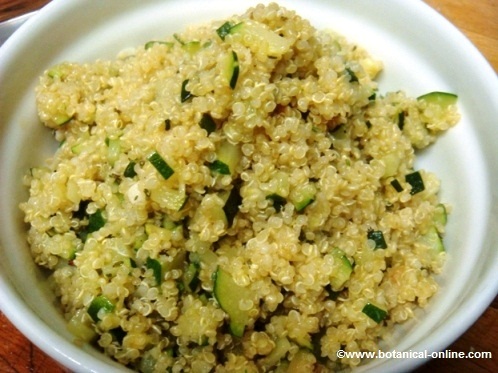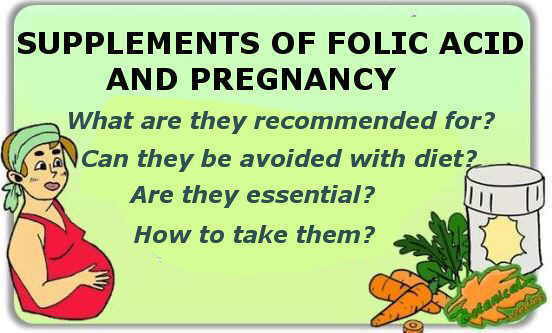Contents
Characteristics and importance of metabolism
CHARACTERISTICS AND FUNCTIONS OF METABOLISM
What is metabolism?
Metabolism can be defined as the set of physical and chemical changes that occur inside the human body that provide adequate energy for life processes and the synthesis of new materials. Metabolism allows the body to grow and function.
In practice, metabolism begins after the absorption of nutrients after the various digestive processes which food is subjected to.
From that moment, there are a series of chemical changes in these nutrients that turn them into energy or building material for the organism.
Basic units of metabolism
The basic units of the metabolism are formed from nutrients. The basic units of the metabolism are:
- Amino acids, coming from proteins.
- Glucose coming from carbohydrates.
- Fatty acids and glicerol coming from fats.
Phases of metabolism
 Once ingested, food metabolism provides our body energy to function
Once ingested, food metabolism provides our body energy to functionThe metabolism includes two phases:
- Anabolism: It has the function to create new cells, maintain body tissues and create reserves. This type of process is also known as constructive metabolism. This will form tissues such as skin, muscles or nerves.
- Catabolism: Its function is to decompose body tissue and reserve substances to produce the energy the body needs.
Catabolism is necessary both to allow for anabolic processes and for other purposes such as to generate heat to maintain proper body temperature and provide energy that will give strength to the muscles.
During certain times of the day the body has a metabolic activity which is dominated by anabolism or catabolism. This kind of choice is regulated by hormones such as thyroxin or insulin. For example, after eating, anabolic activity is predominant, while during a workout catabolic activity prevails.
Main metabolic processes
The main metabolic processes are:
- Digestion of food and nutrients this food provides : Food is the “material” which allows processes to create new tissues and the storage of reserve substances, mainly as fat.
When food is ingested, it is subjected to a series of chemical changes that will provide the energy the body needs to function.
The enzymes can transform proteins into amino acids, fats into fatty acids and glycerol and carbohydrates into simple sugars.
- Blood circulation: All these compounds are transported by blood to cells where metabolic processes occur that will provide the energy to our body, which will be used or stored for later use in muscle, liver or fat.
- Elimination of waste products through defecation, urination, sweating or breathing : catabolic processes of metabolism involving the destruction of the compounds into simpler substances. This process produced a series of waste substances, which must be eliminated abroad. This is done through the intestines (bowel), kidneys (urination), skin (sweat) and lungs. (Breathing)
- Regulation of body heat: The energy produced by the metabolism because of catabolic process generates heat. Heat is required to maintain body temperature. Our body has internal mechanisms to increase body temperature, as the constriction of blood vessels, closing the pores, the increased production of adrenaline, or muscle spasms.
Similarly, other internal mechanisms can lower body temperature, such as increased sweating and dilation of blood vessels. Normally, we sweat to eliminate toxins and heat. Our skin becomes red due to accumulation of blood next to the skin in order to lose heat.
Metabolism disorders
Metabolism generally works properly. However, in certain situations metabolic disorders can appear, as a result of inadequate chemical reactions.
![]() More information on metabolism.
More information on metabolism.








